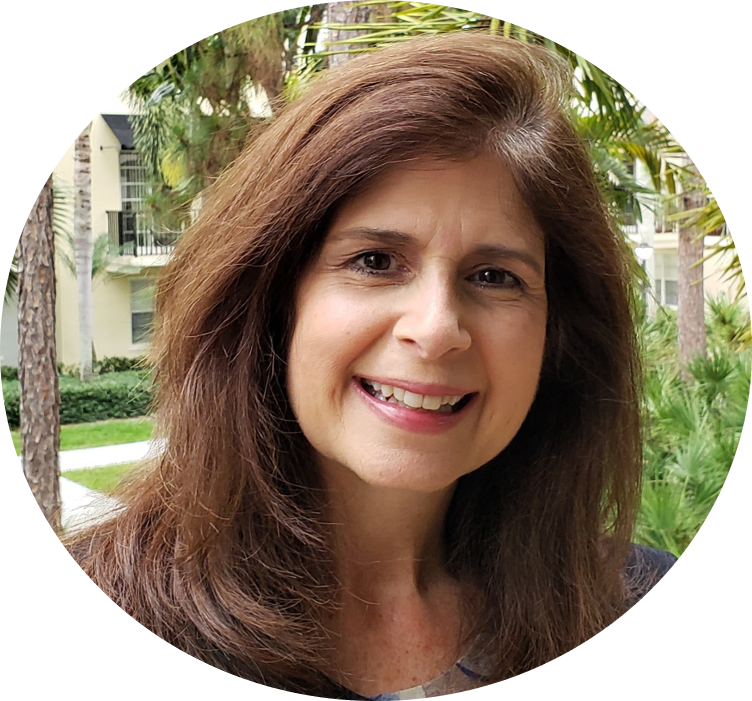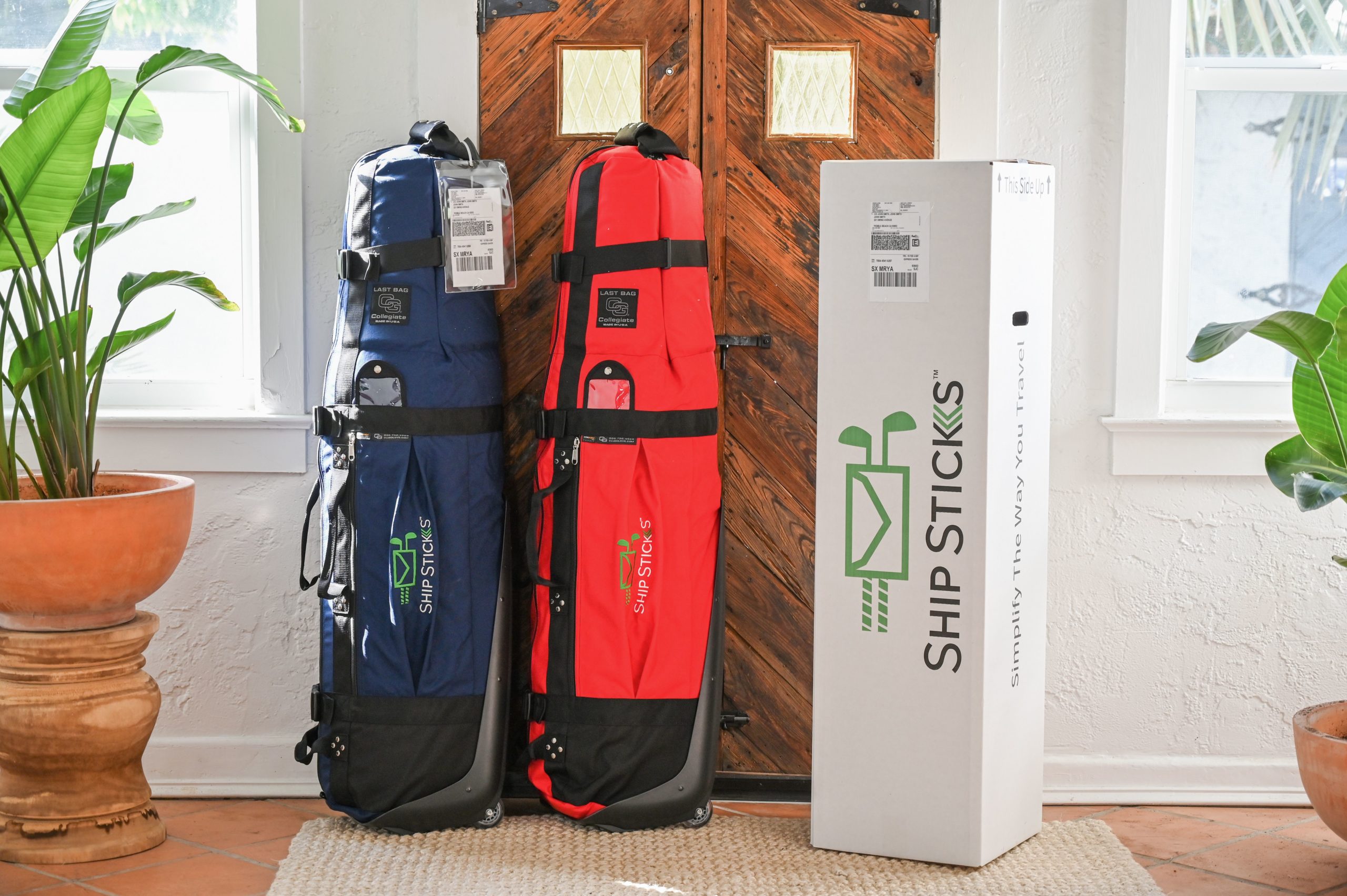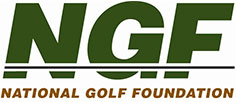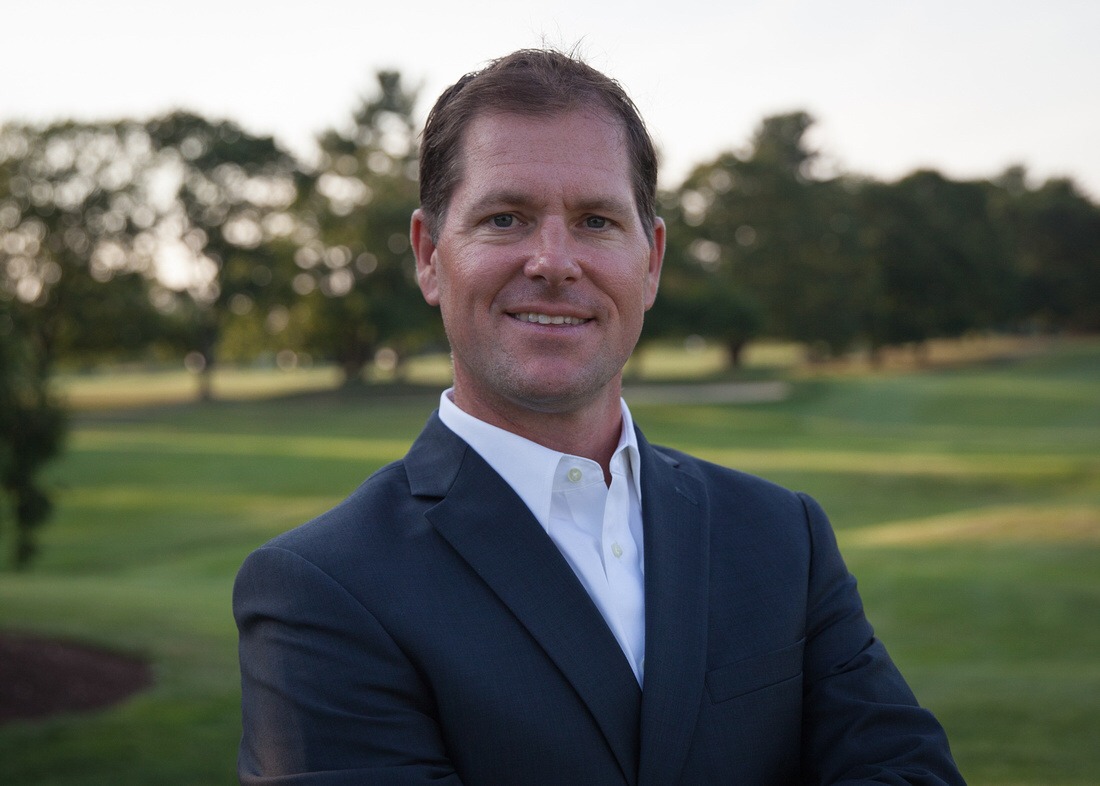Bob Parsons – PXG, Founder
NGF recently sat down with Bob Parsons, the founder of high-end equipment company Parsons Xtreme Golf, to discuss his experience in the golf industry since making the transition from a devotee of the sport to a business owner.
Parsons has also been active in new course construction. In October of 2016, he opened 27 more holes at the private club he owns in Arizona (Scottsdale National), with the 18-hole “Other Course” and a 9-hole par-3 layout called “The Bad Little Nine” joining the existing Mineshaft course. No U.S. golf facility opened more holes in 2016.

How have you found the golf business to be different than the other businesses you’ve been involved in, from founding GoDaddy to opening your Harley Davidson dealership in Arizona that’s now the biggest in the U.S.?
The golf business is different in that you have a product – similar to motorcycles – that I’m selling for recreation more than anything. But it’s similar to everything else that I’ve done because when I entered the domain name business it was right at the dot com crash. Everyone said it was the wrong time to enter it, it’s already become soft. The motorcycle business was after the ’08 dive. That was the “wrong” time. When we entered the golf business, everyone was cutting back. I have over years now realized that when people think an industry is on its ass, that’s the best time to enter it. Because No. 1, the noise is at a minimum and what you do, if it’s anything that promises to be significant, will be noticed. If you get past the fact that we’re selling a very different product to a sort of different market, there are more things similar to what I’m doing with PXG and my other businesses, than there are dissimilar. With every business of mine – and they’re all successful – I focus first and foremost on delivering an exceptional product. I don’t cut what I deliver here and there to make a profit because I believe that’s the sure way to not make a profit. I focus on the customer experience. I focus on the quality of what I’m delivering and the excitement and enthusiasm around it.
What were the biggest challenges getting into the golf industry?
First of all, I did have a number of advantages when I started PXG. I was a multi-billionaire and still am. I was able to underwrite it, so whether it did great or didn’t do good made no significant difference to me, at least as far as my income level or the quality of my life. So it wasn’t like I had everything on the line. But the biggest challenge is to take my vision for making golf equipment that really outperformed everything and actually achieving that and finding a way to do that. But this is a whole different cat. The established companies in this, they all sell through big box stores and the discounters, and they’re all locking horns on price and the upgrade cycles. I want to stay away from that totally.
Where do you see the market for high-end club options going in the future?
That’s kind of a fun question. During our first full year which ended in December, our sales were $38 million, which for a first-year company is not too insignificant. Our second year, this year, I believe we’ll hit $100 million or more. We are now selling our clubs in most countries around the world that I can sell clubs in. Most places are actually reaching out to us to sell them, so we have that luxury. As far as where the top is, I don’t know. I do believe we’re just scratching the surface. We’ve done some computations on the market for very high-end clubs and the people who have the wherewithal to buy them, and I think it’s over $1 billion a year. So we’ll see.
What are some of the positives you see in the golf industry as a whole?
We sell a product that literally makes people happy and is not dangerous in any way. Another positive is that I think the golf industry is not shrinking at all, particularly at the top of the market. People with money always have money. Everybody needs a holiday and a little recreation to rejuvenate themselves, and people need exercise. The dedicated golfers, they’re not going anywhere. And particularly, golf has an aspect with business that is talked about all the time, but I think what’s reported isn’t always right. People say that a lot of deals are struck on the golf course. I believe no deals are ever struck on the golf course. I believe that what happens is that people get to bond on the golf course, they get to meet someone’s acquaintance, they become friends and then after that the likelihood of doing a deal when they’re both in their business role goes way up. And from that standpoint, the game of golf is unparalleled. You’re certainly not going to do that on the football field.
Golf is a very philanthropic game and charity has always been very important to you; you’re one of the billionaires who signed the Giving Pledge. Where does charity fit with your place in the golf industry, especially when it comes to the military and notably the Marine Corps?
We’ve given the Marine Corps, the Semper Fi fund for wounded Marines, somewhere in the neighborhood of $32 million in the last several years. This year, we pledged $10 million to them. The genesis of all that was that I was a combat Marine in Vietnam, but before that I was not a very good student in school. I was a young man that didn’t have much future that I could see. I failed the fifth grade and I wasn’t much of a student in the rest of my years. By my senior year, in between discovering girls and alcohol, I was failing most everything. I had some buddies approach me – and this was in 1968 during the height of the Vietnam War – and asked me what I was going to be doing next year. I said I’ll probably still be here in high school. They said, `Well, we’re going down to talk to the Marine Corps recruiter. Why don’t you come with us?’ So I did and we all joined the Marine Corps together. I went through all the training, did my tour and, as a Combat Marine, I got wounded in action. When I came back and got out, I was a completely different guy. Eventually I went to college, graduated Magna Cum Laude; I took the CPA exam and I passed it the first time. What I learned in the Marine Corps was discipline in the sense that if there’s something you need to do, you might not like doing it, but you have to have the discipline to see it through. I learned respect and responsibility. I learned commitment. I learned to believe in myself. All of those things, everything I have ever done and accomplished, I owe to them. Whenever I talk to Marine Corps groups, I say `As long as I’ve got a dime, you’ve got a nickel.’ Because they’re the only reason I’ve got a dime.
Short Game.
"*" indicates required fields
How can we help?
NGF Membership Concierge

"Moe"
Learn From NGF Members
 Ship Sticks Secrets to a Hassle-Free Buddies Golf Trip
Ship Sticks Secrets to a Hassle-Free Buddies Golf Trip
Whether you’re the head planner of your upcoming buddies golf trip or simply along for the ride, we’ve gathered a few easy ways to keep everyone in your group happy.
Read More... Golf Course Turf, Soil and Water Quality Diagnostic Testing
Golf Course Turf, Soil and Water Quality Diagnostic Testing
As humans, we see our primary care physician on a regular basis to proactively evaluate our vital signs. Likewise, a superintendent should perform frequent diagnostic testing on their golf course.
Read More... Unlocking Distance: Launch Conditions and Angle of Attack
Unlocking Distance: Launch Conditions and Angle of Attack
We’ve long known that higher launch and lower spin is a powerful combination for generating consistently long and straight tee shots. A key factor in optimizing launch conditions, one often overlooked, is ...
Read More...





